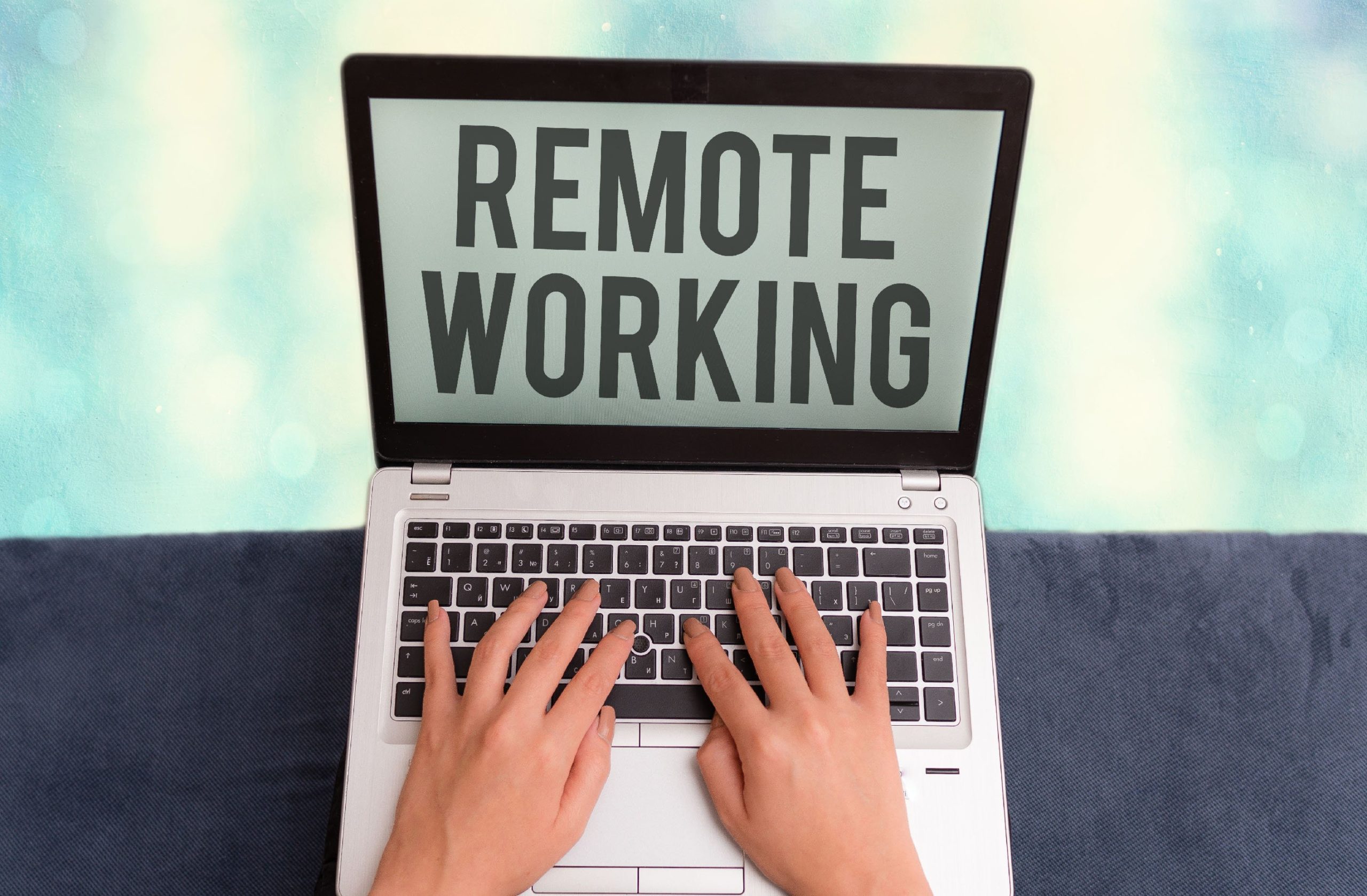What is the future of work after the pandemic?
The covid-19 pandemic caused a huge shift on to full-time remote working after many offices were closed down to meet some of the then covid-19 regulations such as the night curfew and social distancing to curb the spread of the virus which has accelerated the adoption of remote working globally.
In Kenya for instance, after the pandemic, there was the ease of access to internet services even to most remote areas. The Government approved the rollout of the Google loon project to enable the universal 4G data coverage in the country after the coronavirus work disruptions.
Beyond these, so many activities and projects were eased to enhance remote working in Kenya.
Is remote working the future of work?
After the pandemic, a large segment of the workforce now operates in the future While not so seamless, the transition to telework has been relatively easy for many people especially in Kenya where it was not much approved. Before the pandemic, Very few startups and tech companies had adopted the remote working mechanism contributing to about 20 per cent of the working population. 2020 Pew research indicates that nearly 71 per cent of Americans now work from home after the pandemic while 54 per cent wish to work from home.
These changes have also been evident in Africa. Just after the pandemic hit, that is when most companies quickly shifted to remote working without implementing the relevant e technologies to support the transition. In South Africa for instance, only 26 per cent of the population had the freedom to work from home. After the lockdown, over 70 per cent of the working population.
A lot has also changed including the purchasing patterns of consumers. The new patterns include online services such as food delivery which are not part of their patterns pre-pandemic. In the new normal consumers have added an average of 3 to 5 online services to their daily online activities, while also increasing the time they spend online by up to 10 hours per week in comparison to their pre-pandemic habits.
Apart from remote working, salaries and the work culture and career growth patterns are likely to be affected after the pandemic. In 2025, the future of work looks more different or a bit sophisticated from what we see now. The new set of employees will come in pivotal considerations such as flexible work arrangements that companies do offer and how their jobs will affect their family time, something that we didn’t consider pre-pandemic.


